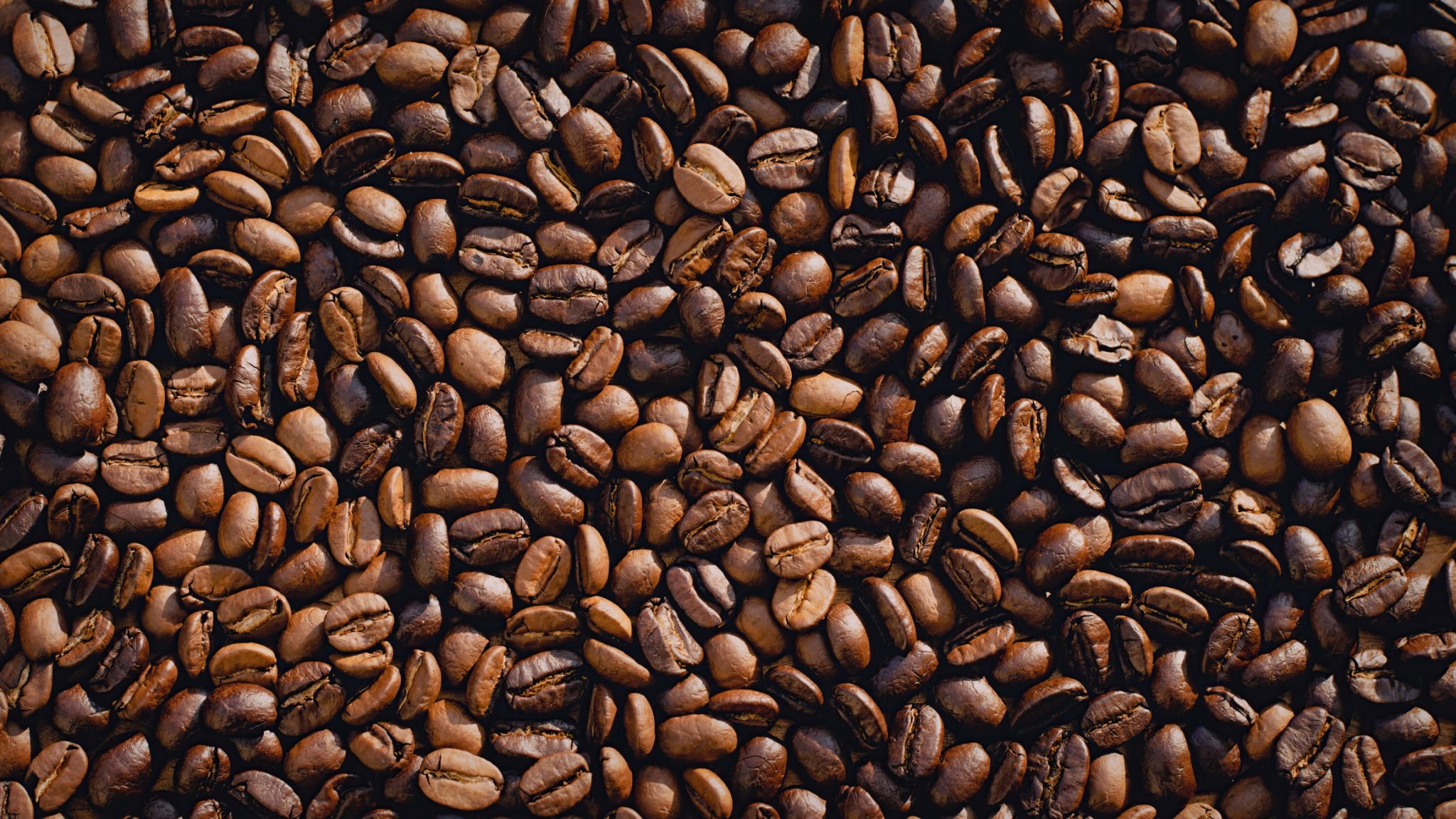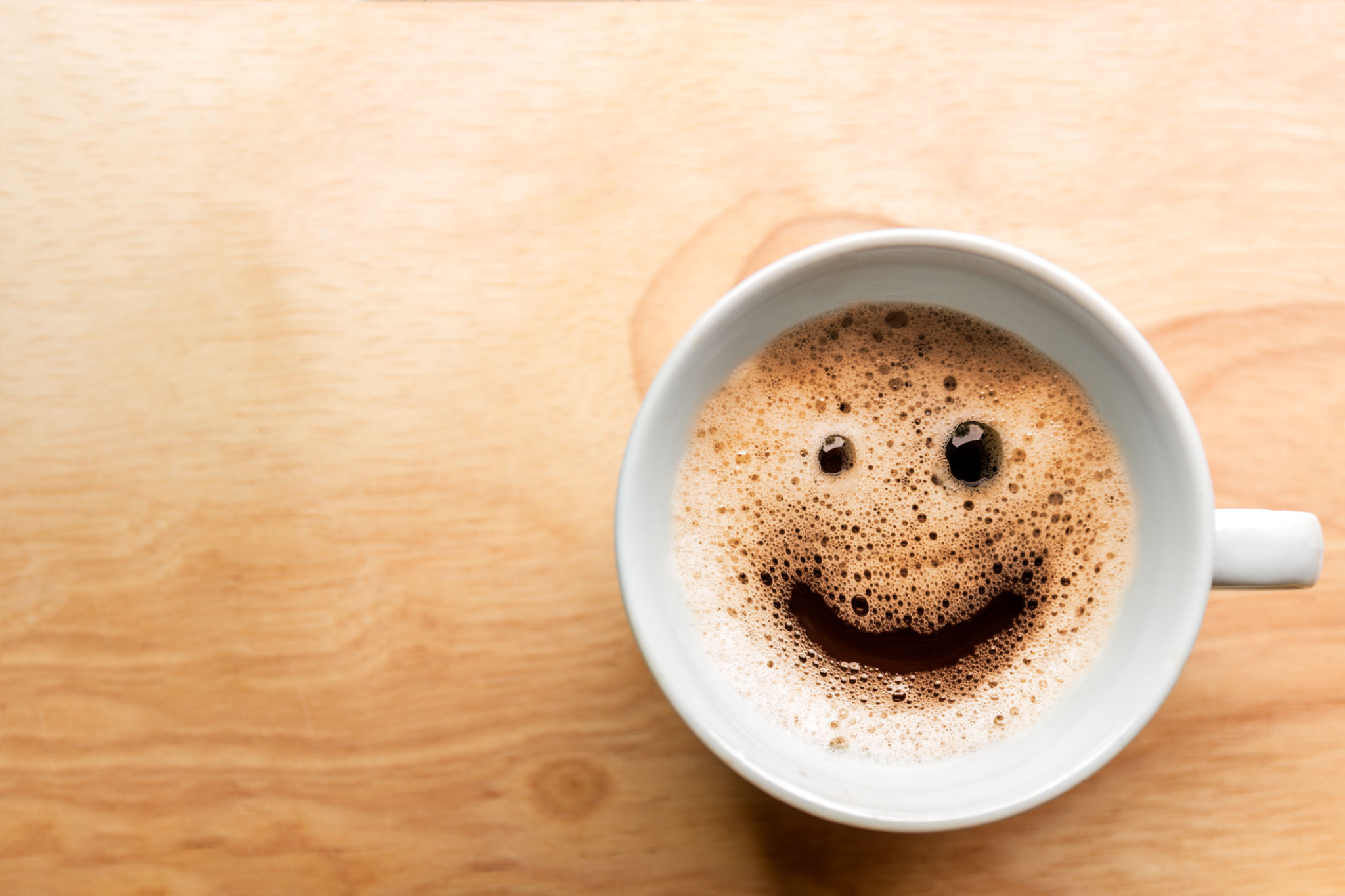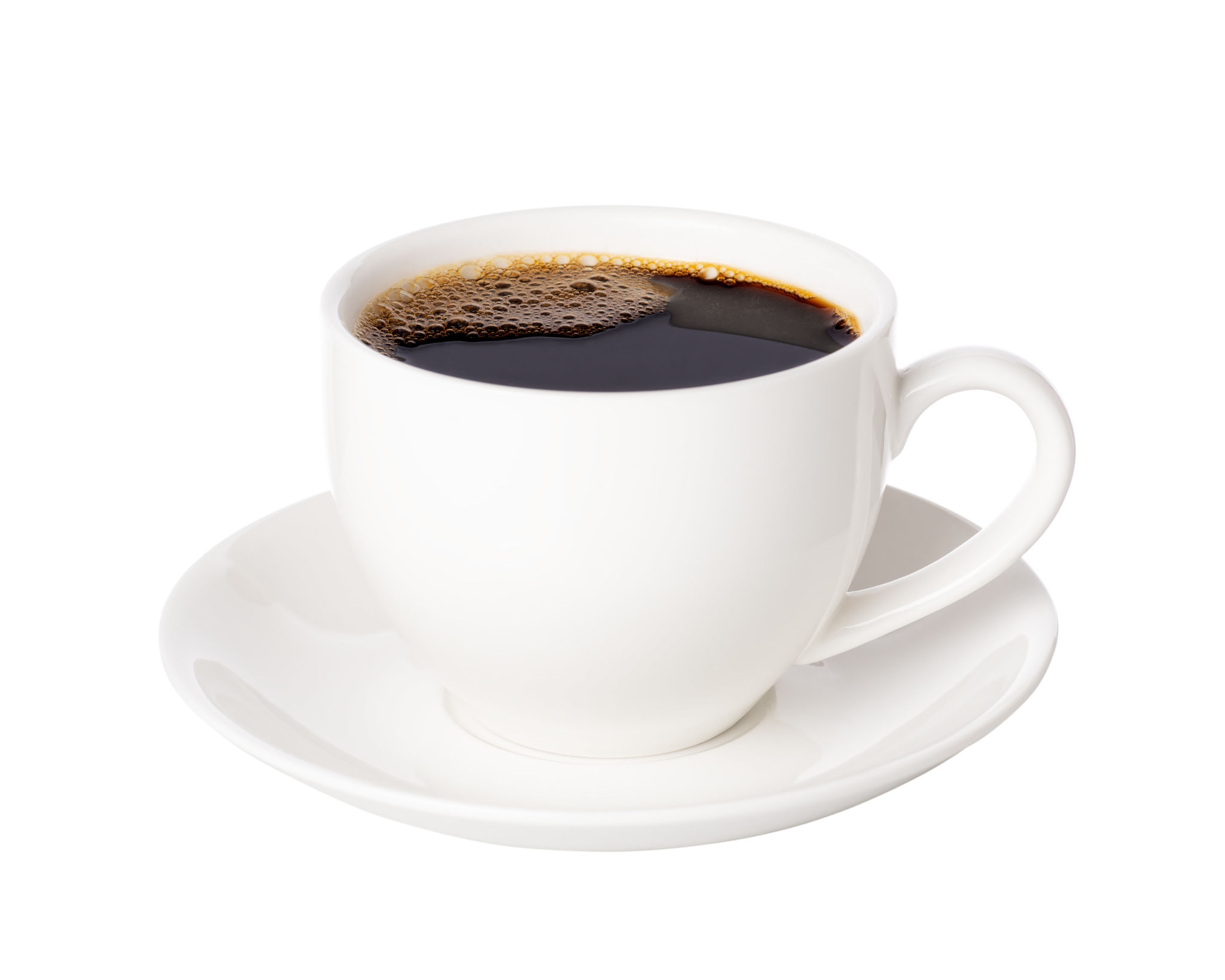Debunking Coffee Myths: What Every Sydney Coffee Lover Should Know
TG
Introduction to Coffee Myths
For many Sydneysiders, coffee is more than just a beverage; it's a lifestyle. Yet, amidst the aroma of freshly brewed beans, several myths have brewed over time. Let's explore and debunk some common coffee myths that every coffee lover in Sydney should know.
Myth 1: Dark Roast Coffee Has More Caffeine
A common misconception is that dark roast coffee contains more caffeine than its lighter counterpart. In reality, the roasting process doesn't significantly alter caffeine content. While darker roasts may have a bolder flavor, they don't necessarily provide a stronger caffeine kick. The caffeine content remains relatively stable regardless of the roast level.

Myth 2: Espresso Is Higher in Caffeine Than Drip Coffee
Espresso is known for its intense flavor and small serving size, which often leads to the assumption that it contains more caffeine than drip coffee. However, when comparing caffeine content per serving, drip coffee typically contains more caffeine than a single shot of espresso. The difference lies in the volume served rather than the concentration.
Myth 3: Coffee Dehydrates You
This myth has persisted for years, suggesting that coffee's diuretic effect leads to dehydration. While caffeine can cause increased urination, the water content in coffee compensates for this. Drinking coffee in moderation does not dehydrate you and can contribute to your daily fluid intake.

Myth 4: Adding Milk Reduces Coffee's Health Benefits
Some people believe that adding milk to coffee reduces its health benefits. While milk does alter the nutritional profile of your coffee, it doesn't negate the benefits entirely. Coffee is rich in antioxidants, and these remain present whether you enjoy your brew black or with a splash of milk. In fact, milk can add calcium and vitamin D to your diet.
Myth 5: Decaf Coffee Is Completely Caffeine-Free
While decaf coffee undergoes a process to remove most of the caffeine, it's not entirely free of it. A typical cup of decaf contains about 2-5 mg of caffeine compared to the 95 mg found in regular coffee. So, while it's a lower-caffeine option, it's not completely devoid of caffeine.

Conclusion: Savor Your Brew With Confidence
Understanding these common myths can enhance your coffee experience by allowing you to enjoy your favorite beverage without misconceptions. Whether you're sipping a flat white at a local café or brewing at home, knowing the facts helps you make informed choices about your coffee habits. So go ahead, savor each cup with newfound confidence!
